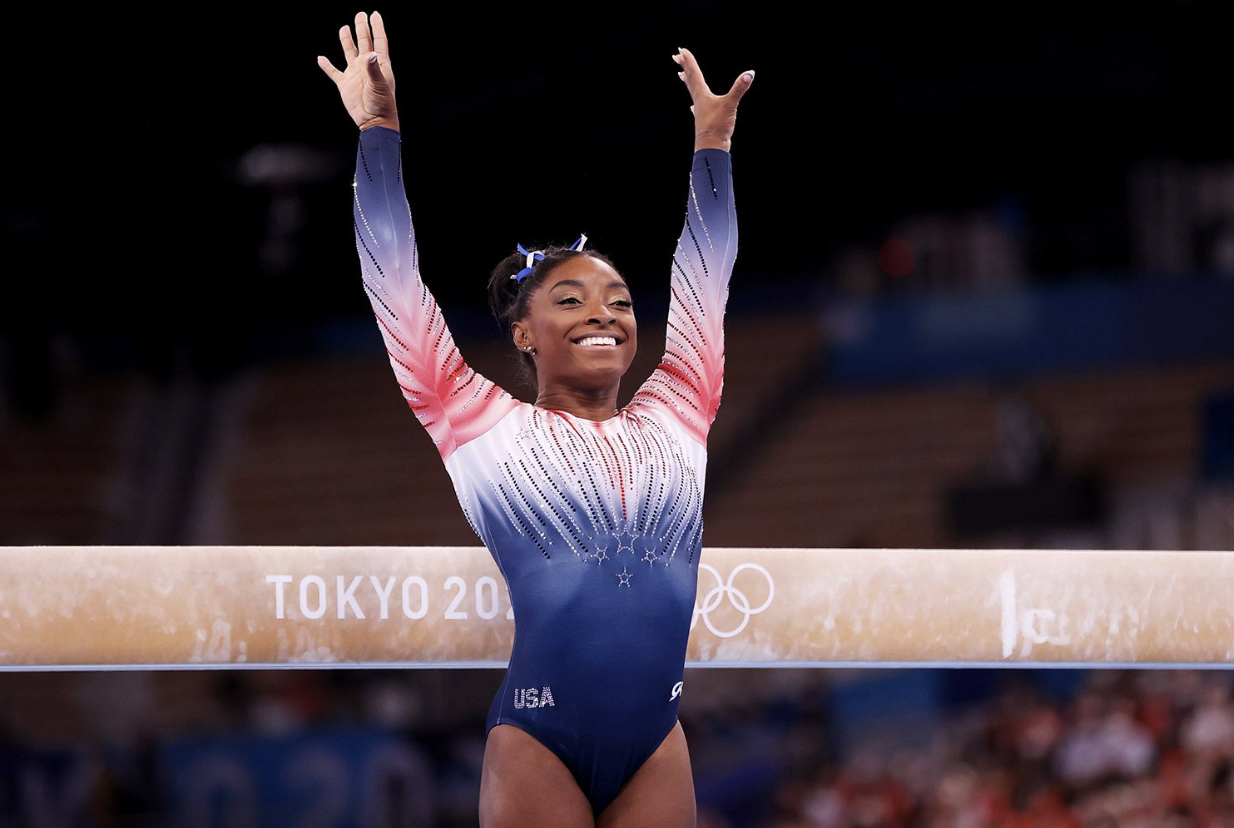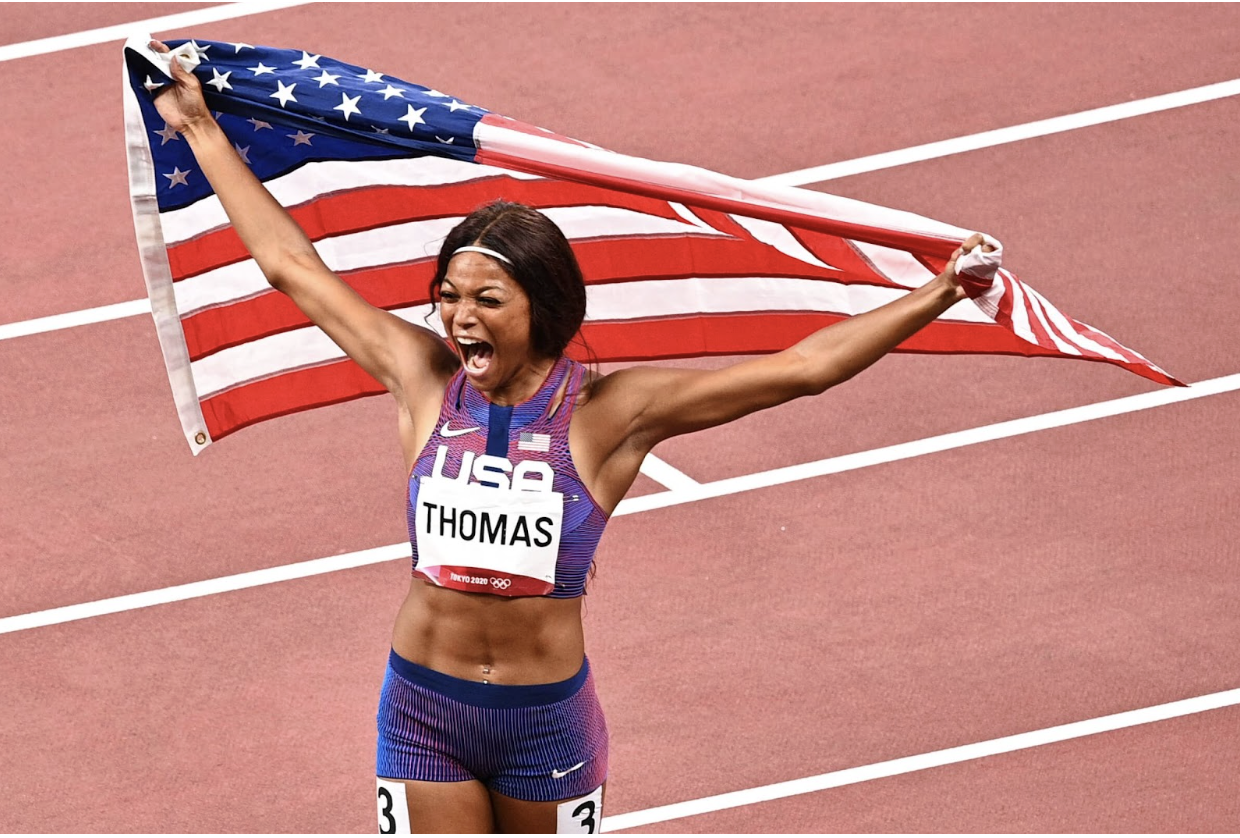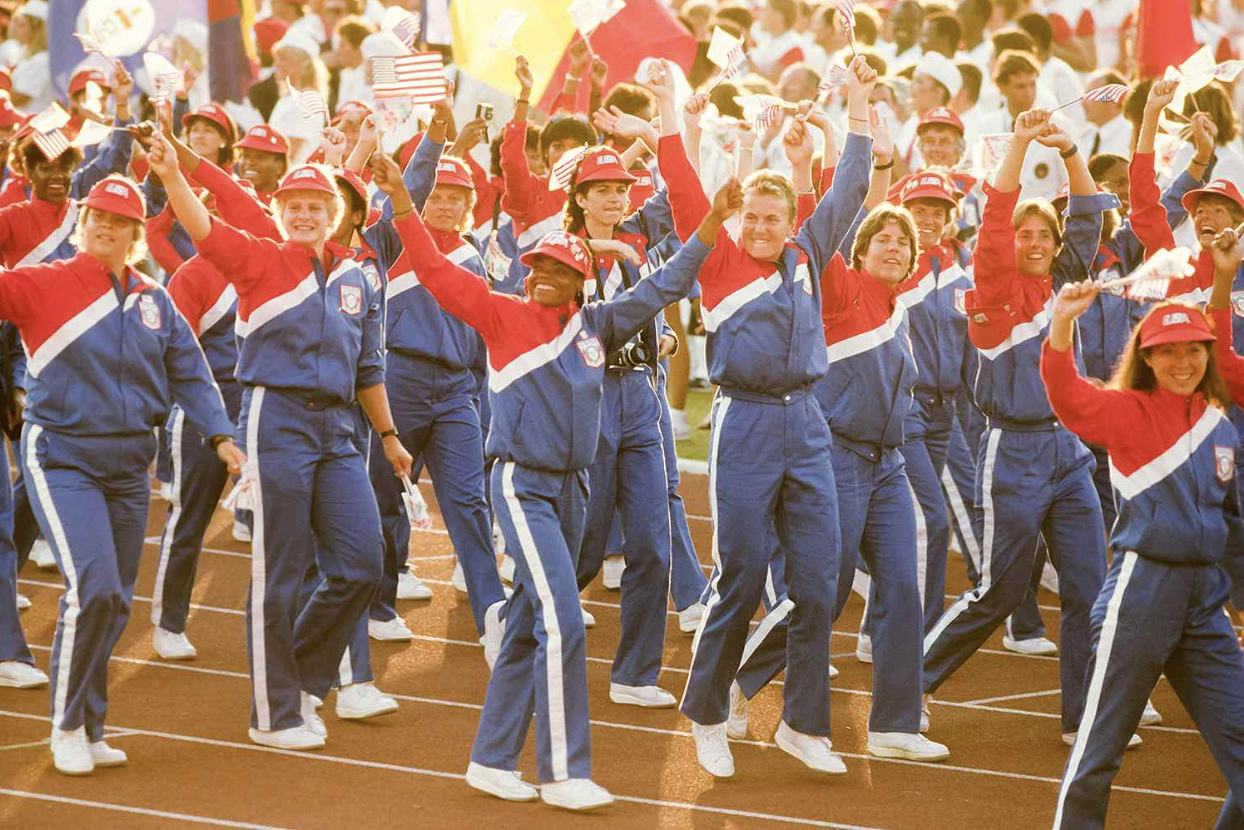Striving for Gold Beyond the Podium
As the 2024 Summer Olympics draw near, a growing number of athletes are bravely sharing their mental health journeys. These individuals, who stand among the world's elite, face immense pressure. Whether they are embarking on their first Olympic Games or are seasoned veterans, they all confront mental health challenges. Their stories are a testament to the human spirit, inspiring us all and reminding us that it's normal to face and overcome adversity.
People
Even our gymnastics queen, Simone Biles, withdrew from the 2020 Tokyo Olympics due to the pressure she felt. She recently spoke out in a Glamour article about finding balance.
“Before I would only focus on the gym. But me being happy outside the gym is just as important as me being happy and doing well in the gym. Now it’s like everything’s coming together.”
Simone has been an athlete who has taken advantage of mental health resources, such as meeting with a psychologist and frequently talking about how she is doing mentally.
New York Times
Gabby Thomas, a talented track and field athlete, has openly discussed the methods she uses to manage her mental health.
“Who I was as a person always came first, and track was just this really great added bonus that I love and I get to do. That adds a really important perspective that all athletes should have, which is that your sport is not who you are.”
She mentions that being mindful of her social media consumption is especially helpful, as people are so close to athletes through it. Keeping social media at arm's length is one way she protects her mental health.
Athletes are increasingly open about utilizing external resources to support their mental health. For example, Olympic gold medalist Nevin Harrison, an Olympic gold medalist in canoeing, has spoken candidly about the positive impact of meeting with a sports psychologist on her mental well-being. Additionally, Sunny Choi, the first U.S. female break dancer to qualify for the Olympics, has shared that regular therapy sessions have benefited her. She has found that this practice has enabled her to delve into self-discovery and leverage that understanding to her advantage in competition. Choi often reflects on the question, "How can I be kind to myself?" – a sentiment that resonates with many.
People
The U.S. Olympic and Paralympic Committee (USOPC) is actively addressing Team USA athletes' mental health and performance needs by providing comprehensive support before, during, and after the Paris Olympics. This includes collaborating with a network of 300 mental health and performance providers and establishing a 24/7 helpline for athletes, coaches, and staff. These resources are available to current and future Team USA members in Paris, injured athletes, and those transitioning out of competitive sports, ensuring a holistic approach to athlete well-being.
With the Paris Olympic opening ceremony a mere 50 days away, it's a source of pride to witness athletes and Olympic Committees uniting in their commitment to prioritize athletes' mental well-being and normalize their struggles. We eagerly anticipate these Summer Olympics, where we will see athletes triumph as individuals and as competitors, both on and off the field.




